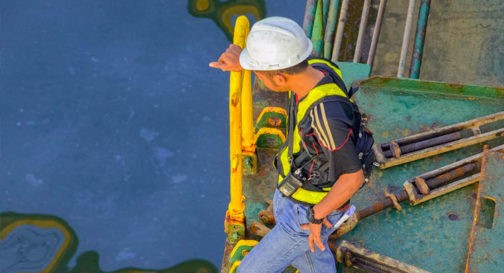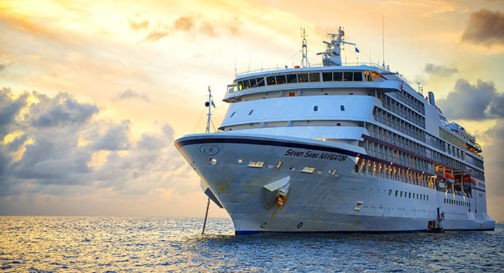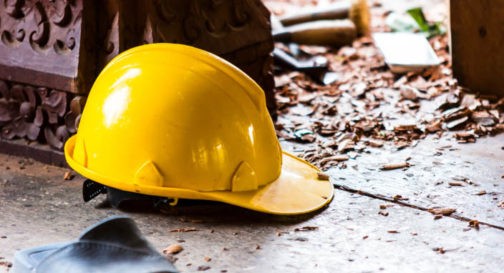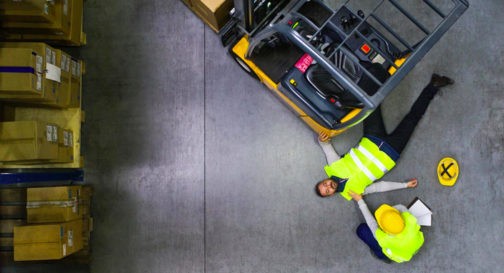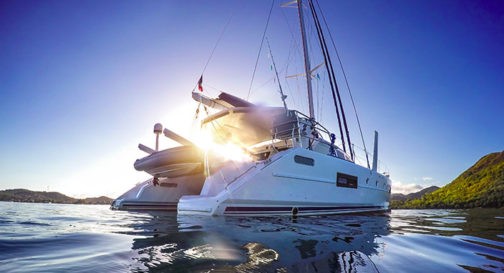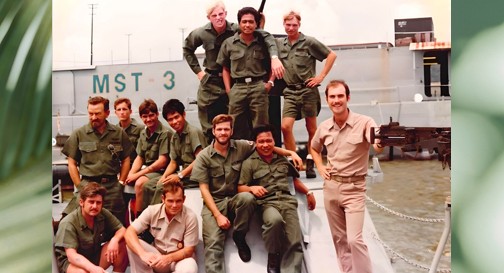Key Legal Considerations in Ship Accident Claims
March 10, 2025
Ship accidents are an unfortunate but frequent reality in the maritime industry. Whether it involves cargo ships, passenger vessels, or fishing boats, these accidents can lead to devastating consequences. Legal claims related to ship accidents are complex, and understanding the key legal considerations is crucial for anyone involved in such a case.
Understanding Ship Accident Liability
One of the first and most important questions that arise after a ship accident is: Who is at fault? Liability in ship accidents can vary widely depending on the circumstances. Several parties could be held responsible, including the ship owner, the operator, the manufacturer of defective parts, or even third-party contractors responsible for maintenance or cargo loading.
Ship owners have a legal duty to ensure that their vessels are seaworthy and properly maintained. If an accident occurs due to a failure to maintain the ship, the owner could be held liable. Likewise, if the ship operator fails to follow proper procedures or violates maritime laws, they could face significant legal consequences.
In some cases, liability can also extend to manufacturers of ship components. If a defective part contributed to the accident, such as a malfunctioning engine or navigational equipment, the manufacturer may be deemed liable under product liability laws.
Maritime Law and Jurisdiction
Another critical factor to consider in ship accident claims is maritime law. The legal framework governing accidents on the seas is based on a combination of international treaties, national laws, and specific maritime regulations.
Determining the correct jurisdiction for a ship accident claim can be challenging, especially when multiple countries are involved. In some cases, the country where the vessel is registered or where the accident occurred may have jurisdiction. It’s important to consult with a legal expert to ensure that the claim is filed in the appropriate jurisdiction to avoid delays or complications.
Negligence and Comparative Fault
A central element in many ship accident claims is proving negligence. After the accident report has been filed, to succeed in a claim, the injured party must show that the accident occurred due to negligence, meaning that one or more parties failed to exercise reasonable care under the circumstances.
Negligence can take various forms, from poor vessel maintenance to failure to follow safety protocols. If a crew member was intoxicated or if the ship was overloaded, these factors could contribute to the accident. Similarly, failure to properly load or secure cargo could also be considered negligent behavior.
In some jurisdictions, comparative fault laws may come into play, which means that even if the injured party shares some responsibility for the accident, they may still be entitled to compensation. However, their recovery would be reduced based on their degree of fault. For example, if the injured person was partially responsible for the accident by not following safety procedures, their compensation could be reduced by the percentage of fault attributed to them.
Collecting Evidence in Ship Accident Claims
In any personal injury claim, evidence plays a crucial role. Ship accident cases are no different. It’s essential to collect as much evidence as possible following an accident to help determine liability and negligence. Evidence can include photographs, witness testimonies, expert reports, and the ship’s logbook. In some cases, black box data from the ship’s navigation system can provide valuable insight into what occurred during the accident.
One of the biggest challenges in ship accident cases is the availability and reliability of evidence. In many cases, ships are far from land when an accident occurs, and evidence may be destroyed or difficult to gather. However, witnesses such as crew members and passengers may provide testimony that can be crucial in establishing the facts of the case.
It’s also important to gather any maintenance records for the ship. These records can reveal whether there were any ongoing issues with the vessel that could have contributed to the accident. Ship logs detailing the ship’s operations and any incidents or accidents leading up to the event can also be useful in proving fault.
Insurance and Compensation
Another key consideration in ship accident claims is insurance. Maritime law requires most vessels to carry insurance to cover damages caused by accidents. This insurance can include liability coverage for injuries to crew members and passengers, as well as coverage for damage to the vessel or cargo.
In cases where the ship owner is underinsured or lacks sufficient coverage, it may be possible to seek compensation from other parties involved in the accident, such as contractors or manufacturers, which is particularly important in cases where the damages exceed the coverage provided by the ship owner’s insurance policy.
Seek Legal Guidance
Navigating a ship accident claim is a complex and challenging process involving various legal considerations that can significantly impact the outcome. Understanding the issues of liability, negligence, maritime law, evidence, insurance, and time limits is essential for anyone involved in a ship accident case.
By working with an experienced maritime attorney, injured parties can better ensure that their rights are protected and that they have the best chance of securing fair compensation for their injuries. Whether the claim involves a seaman under the Jones Act or a passenger injured on a cruise, understanding the legal landscape is key to success in these often overwhelming cases. To schedule a consultation with our team to discuss your ship accident claim, call the Law Offices of Preston Easley APC today at 310-773-5207.


